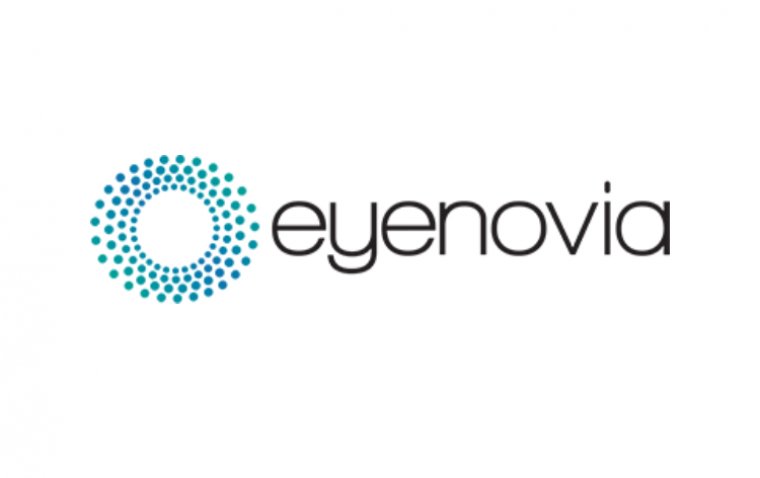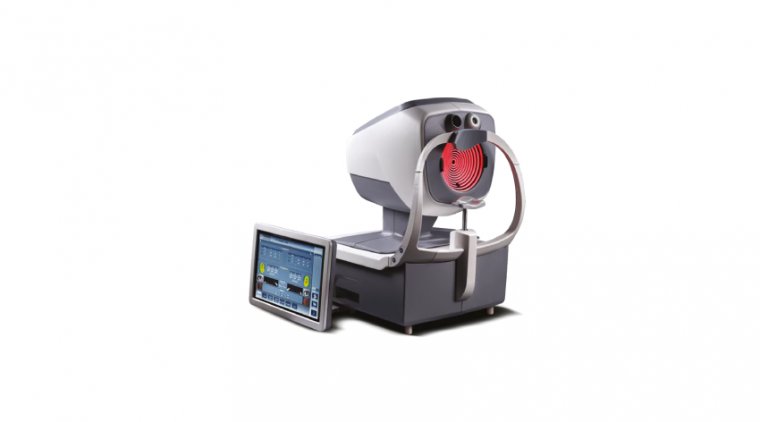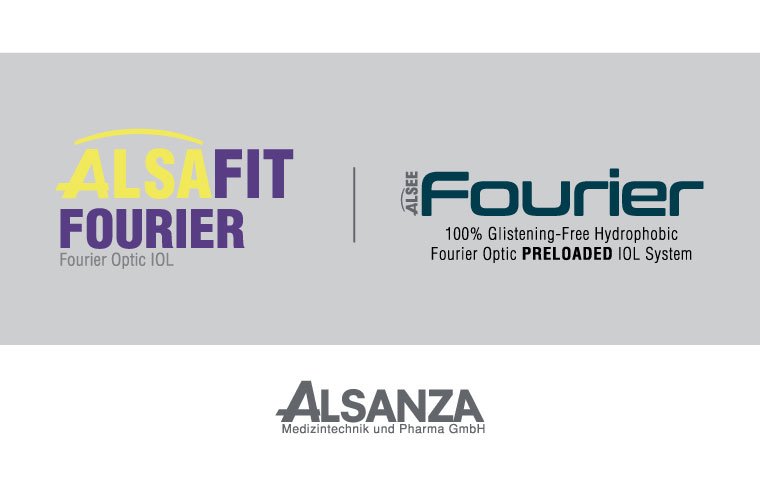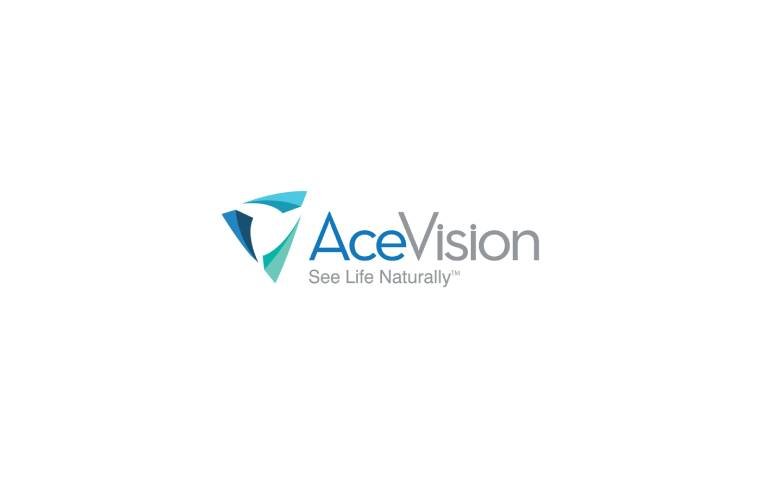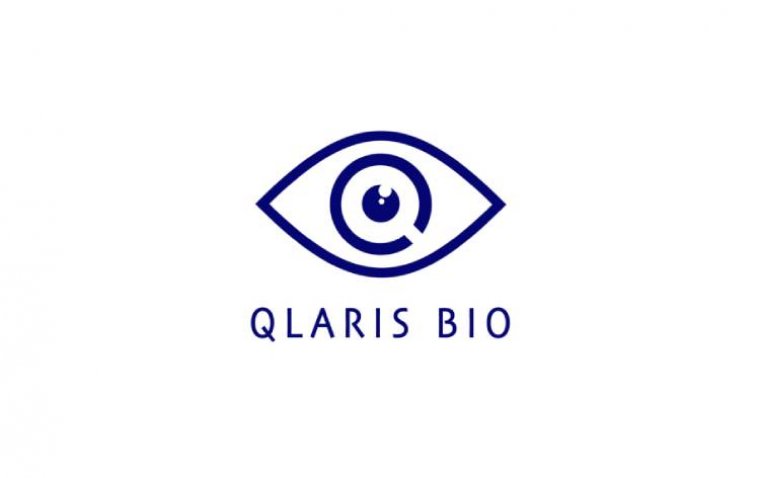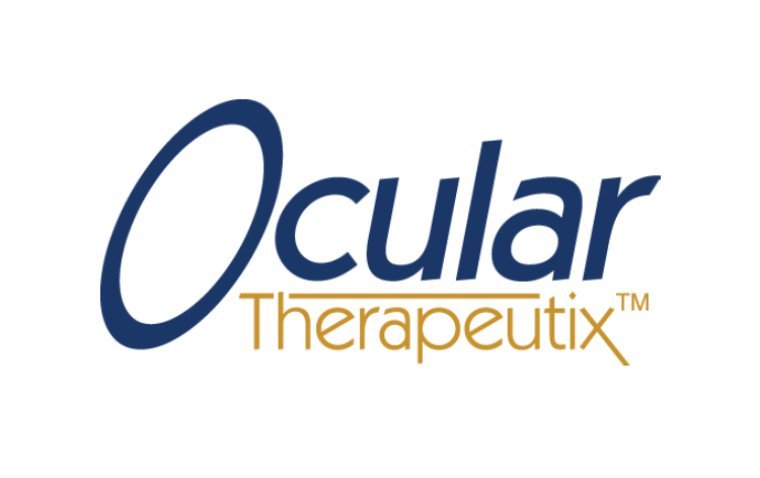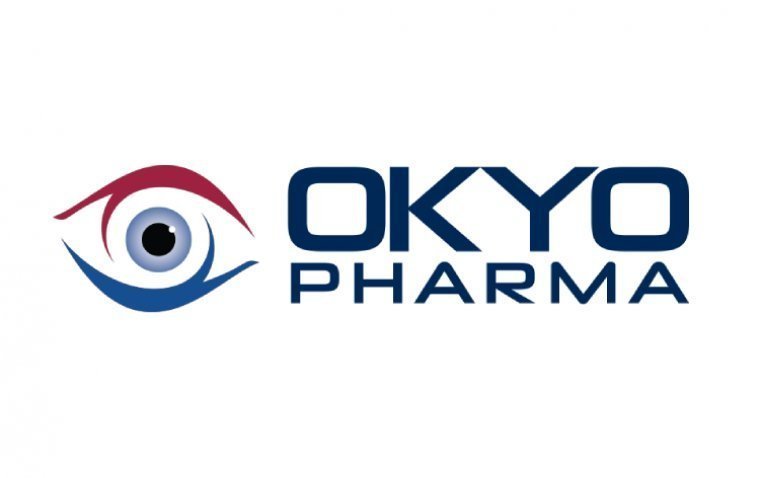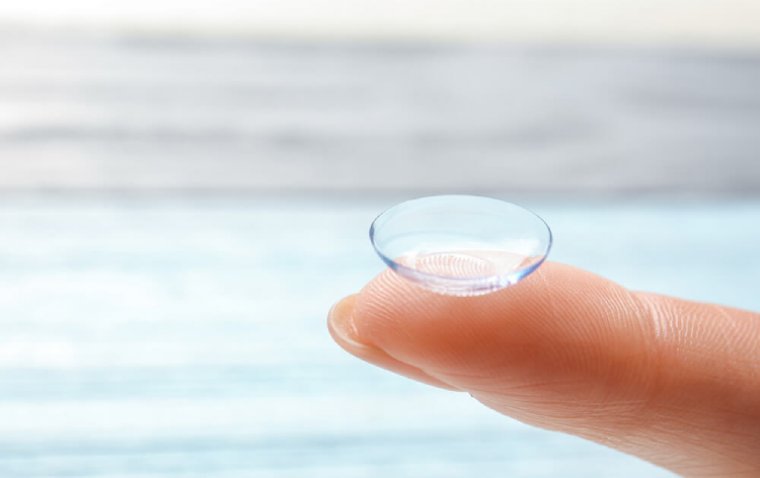
European Commission Eases UDI Requirements for Contact Lens Manufacturers
The European Commission has approved a revision to the EU Medical Device Regulation (MDR) to streamline the Unique Device Identifier (UDI) requirements for specific products, starting with contact lenses. Once implemented, the amendment will enable contact lens manufacturers to assign a Master UDI-DI to certain products instead of individual UDI-DIs.
On July 10th, the Commission adopted a Delegated Regulation that permits grouping standard contact lenses and made-to-order contact lenses with identical design parameters under a single Master UDI device identifier (UDI-DI). This change aims to alleviate administrative burdens for manufacturers, aligning the requirements with those of other jurisdictions.
In a memorandum outlining its decision, the Commission highlighted the accumulation of years of experience in implementing UDI regulations. It was acknowledged that the existing UDI requirements could impose unnecessary burdens on certain products. Introducing the Master UDI-DI system is intended to alleviate these burdensome requirements in specific cases.
“Experience gained through the setting up and implementation of the UDI system in the EU and in other jurisdictions internationally shows that certain devices present a high level of individualization (‘highly individualized devices’), resulting in a disproportionate level of granularity and UDI-DIs which would need to be reported in UDI databases e.g. Eudamed in the EU,” the Commission said in the memorandum. “In comparison with other medical devices, the numerous possible clinical parameter combinations cause a level of granularity not needed for regulatory purposes.”
The Commission acknowledges that they are not alone in encountering challenges in implementing a UDI system for products like contact lenses. However, similar to other jurisdictions, they have the authority to provide exemptions to manufacturers producing highly individualized devices, relieving them of the obligation to report UDI-DI in their UDI databases.
“The MDR does not provide for the possibility to grant such an exemption in the EU,” the Commission said. “Therefore, in order to resolve the implementation issue and allow for proportionate UDI-DI data entries in Eudamed, the ‘Master UDI-DI’ has been developed by the Commission in close collaboration with regulators and relevant stakeholders, including industry, contact lenses experts and EU issuing entities.”
The Commission further clarifies that the Master UDI-DI is intended to serve as the identifier for groups of highly individualized devices sharing similar clinically relevant parameters. Although the revised regulation currently focuses on contact lenses, it is possible that additional products may qualify for utilizing the Master UDI-DI system.
“Whilst in the future the Master UDI-DI solution could be extended to other highly individualized devices, at present the focus remains on contact lenses,” said the Commission. “Should the need arise, the Commission will propose a new delegated act to extend the Master UDI-DI solution to other devices.”
Once published in the Official Journal of the European Union, the Delegated Regulation is scheduled to come into effect after 20 days. However, manufacturers have the option to begin assigning Master UDI-DIs to their products even before the regulation becomes officially enforceable.
(1).jpg)
